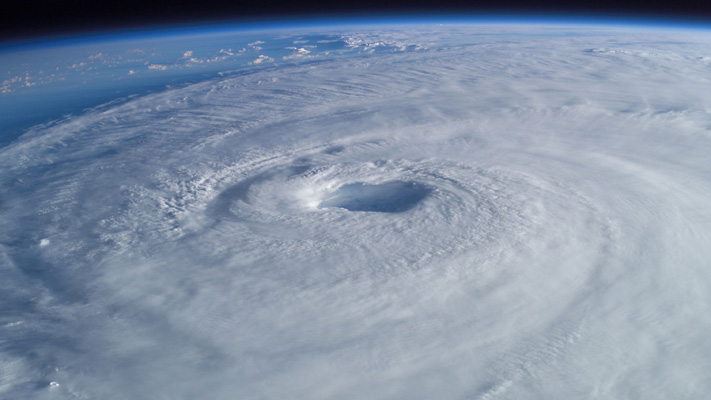East Coast Should Expect Active Hurricane Season, Researchers Say

For Immediate Release
The 2016 Atlantic hurricane season will be significantly more active than the overall averages from 1950 to the present, according to researchers at North Carolina State University.
The 2016 season should see 15 to 18 tropical storms and hurricanes forming in the Atlantic basin, which includes the entire Atlantic Ocean, the Gulf of Mexico and the Caribbean Sea, according to Lian Xie, professor of marine, earth and atmospheric sciences at NC State. This number is significantly higher than the 1950 to 2014 average of approximately 11 named storms.
Of those named storms, 8 to 11 may grow strong enough to become hurricanes, with the possibility of three to five storms becoming major hurricanes.
This year’s numbers for the Gulf are more in line with historic averages: Xie’s data indicate the likelihood of two to five named storms forming, with one to three of the storms becoming a hurricane.
In the Caribbean, two to four tropical cyclones may form, with one to two becoming a hurricane. In this scenario, the Caribbean could see one major hurricane this season.
Xie’s methodology evaluates more than 100 years of historical data on Atlantic Ocean hurricane positions and intensity, as well as other variables including weather patterns and sea-surface temperatures, to predict how many storms will form in each ocean basin.
NC State collaborators on the research include Montserrat Fuentes, professor of statistics; Joseph Guinness, assistant professor of statistics; Marcela Alfaro-Cordoba, graduate research assistant in statistics, and Bin Liu, adjunct assistant professor in marine, earth and atmospheric sciences.
The Atlantic hurricane season runs from June 1 through Nov. 30.
-peake-
- Categories:


